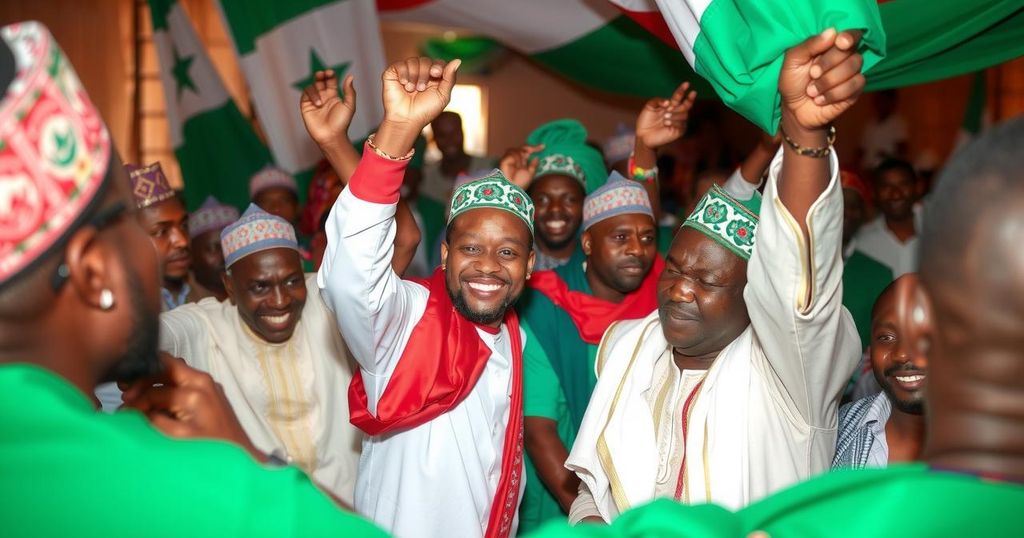Chad’s Ruling Party Secures Majority Amid Opposition Boycott in Elections
Chad’s ruling Patriotic Salvation Movement won 124 out of 188 seats in the recent parliamentary elections, which were boycotted by major opposition parties like the Transformers party. Mahamat Idriss Deby, who ascended to power following his father’s death, claims the elections are crucial for decentralizing governance, although opposition parties describe the elections as a charade with questionable legitimacy.
In last month’s parliamentary elections held in Chad, provisional results indicate that the ruling Patriotic Salvation Movement (PSM) secured 124 out of 188 available seats. These elections, the first in over a decade, witnessed a 51.5% voter turnout, despite a significant boycott by major opposition parties, including the influential Transformers party.\n\nThe elections were positioned as a pivotal step towards establishing a decentralized governance system, a promise made by military leader Mahamat Idriss Deby following his rise to power after the death of his predecessor, Idriss Deby Itno. Deby touted the electoral process as essential for progressing towards democracy and addressing public aspirations for more localized political representation. However, critics have labeled the elections as a mere deception, echoing concerns raised during the contentious presidential vote that preceded this electoral exercise.\n\nAnalysts suggest that the ruling party’s victory consolidates President Deby’s political authority, especially given the prevailing backdrop of insecurity in Chad, exacerbated by threats from Boko Haram and frayed relations with France, a traditional ally. The situation remains precarious as Chad grapples with these intertwined political and security challenges.
Chad’s recent parliamentary election marks a significant milestone in the country’s complicated political landscape, being its first in over a decade. Following the death of long-time ruler Idriss Deby and the subsequent military takeover by his son, Mahamat Idriss Deby, the country has been navigating a transition towards democratic governance. However, this transition has faced hurdles, including boycotts from major opposition parties, which have called the legitimacy of the electoral process into question, heightening concerns over the credibility of the government’s efforts to promote democracy.
The parliamentary election results reveal a considerable gain for the ruling Patriotic Salvation Movement, securing a majority amid a boycott by key opposition groups. This situation highlights a complex interplay of political maneuvering and public sentiment in Chad, where skepticism about the electoral process persists. Furthermore, the broader implications of this election will likely affect Chad’s trajectory towards decentralization and its ongoing struggles with security issues.
Original Source: www.seattletimes.com




Post Comment